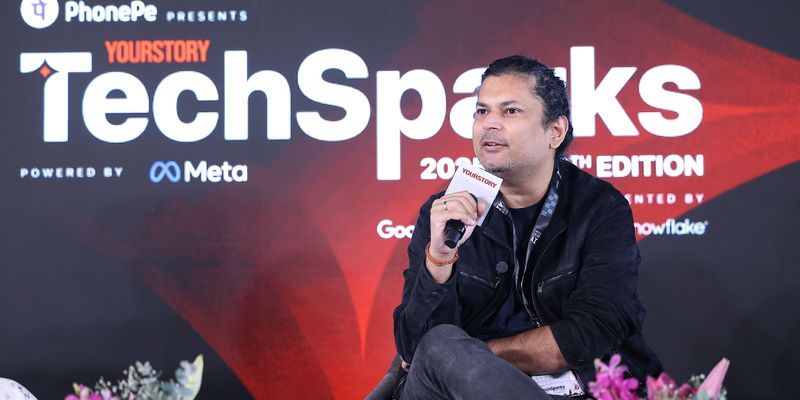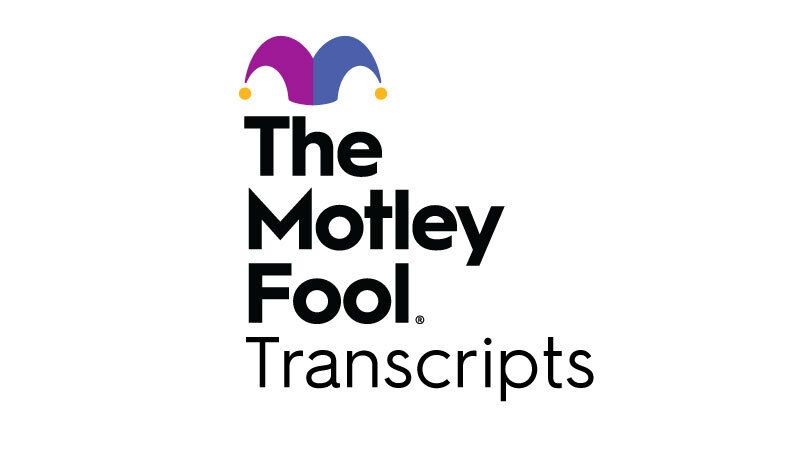Copyright yourstory

Zetwerk's founders revealed what makes their manufacturing platform nearly impossible to replicate: a database of 60,000 suppliers mapped across 200 data points each, built over seven years of technical underwriting. What began in 2018 as a marketplace connecting OEMs with Indian manufacturers has evolved into a vertically integrated operation that now derives one-third of its revenue from the United States, serving global industries from solar to defence. In a conversation with YourStory CEO and Founder Shradha Sharma at TechSparks 2025, co-founders Amrit Acharya and Srinath Ramakkrushnan described how they've built what they call an "extremely hard to get in, extremely hard to get out" business model, one grounded in supplier intelligence, proprietary technology, and millions of manufacturing transactions. The data moat In business terms, a "moat" is a structural advantage that's nearly impossible for competitors to replicate—and Zetwerk has spent seven years building one around manufacturing data. The company delivers 10–15 million parts a month across industries and geographies. To manage that complexity, it built its own software stack when off-the-shelf ERPs proved insufficient. Over seven years, it has processed close to a million AutoCAD files. Each new design is now matched by in-house AI models against historical data to find the closest part, the supplier that made it, the cost, and the quality record. "What earlier took us 18 months to develop, we can now do in a month," said Acharya. "The process has shrunk dramatically." That database, built from millions of transactions, allows Zetwerk to compress production timelines, matchmake suppliers faster, and ensure price transparency. Around 10,000 suppliers from its network are active each month, mapped across machine capabilities, quality systems, and delivery performance. Vertical integration as a speed advantage Another differentiator is Zetwerk's vertically integrated model. The company supplies raw materials to partner factories, shortening procurement time by up to 30 days and standardising quality. "A typical supplier would take a month to buy raw material," Ramakkrushnan said. "When they buy from us, they start production on day one." This reliability has translated into predictable revenue. Over the past year, Zetwerk signed around 20 five-year deals, totalling roughly $1 billion in committed business. Global scale, India roots Zetwerk's footprint now spans India, Vietnam, Indonesia, Taiwan, Germany, Spain, Eastern Europe, Mexico, and the United States. About 30% of revenue comes from overseas clients, primarily in the US and Western Europe. The platform also feeds back into India's industrial ecosystem, helping small manufacturers formalise and expand. Many suppliers, once dependent on seasonal customers, now receive steady year-round orders and have become easier for banks to underwrite. Several former employees have launched ventures in specialty chemicals, technical textiles, and aerospace, which the founders call the beginning of a "Zetwerk mafia" of industrial entrepreneurs. Building for India first The founders believe the opportunity in Indian manufacturing remains vast. With global supply chains in flux and energy transition accelerating, Zetwerk has positioned itself at the intersection of technology, manufacturing, and global demand. "If you can go to Gujarat, you can also go to Texas," Ramakkrushnan said. "Building for India first makes building for the world that much easier." But they caution against simply importing Western models. India's business cycles operate differently—50-day cycles are common, yet few understand why the standard 45-day credit period exists. (Edited by Jyoti Narayan)



